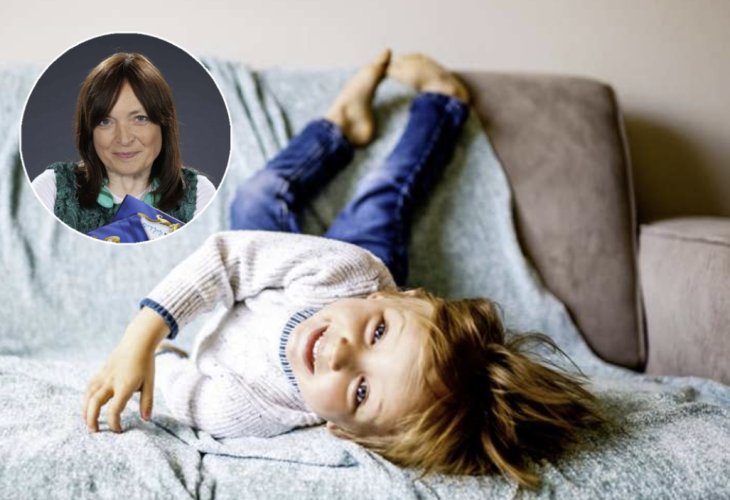Understanding Your Child's Restlessness: It's Not Always ADHD
They jump around the house nonstop, causing noise, shouting at siblings and parents, being rude, and always looking for something to do. While they lack that spark commonly associated with diagnosed children, they behave as if they possess it.
 (Photo: shutterstock)
(Photo: shutterstock)Many children are not diagnosed with ADHD, yet they often act out of control.
They jump around the house nonstop, causing noise for the parents, shouting at siblings and parents in a really unpleasant manner, being rude, and always looking for something to do.
In reality, these children behave like those diagnosed with ADHD, but they are not.
These children don't have the proverbial spark that diagnosed children have, but they act as if they do.
Why do they act like this?
It's a behavioral issue.
They respond to us, the parents, acting in ways that seem beneficial or rewarding to them.
Take, for example, the child bouncing on the living room couch.
The more a parent shouts, "I told you to get down, right?"—the more they will continue bouncing, as if they didn’t hear or understand.
This child is an average kid. He can sit nicely. He behaves well in kindergarten or class.
What's happening, then?
Something in the parent's words triggers him to keep bouncing. It's his reaction to parental responses.
What should you do?
Stop the child firmly and decisively. Use your hands, but not forcefully. Hold the child by the hands and take them off the couch.
Look into their eyes and calmly say, "I don't allow jumping on the couch. If you're having a hard time stopping, we'll sit in the other room now."
And that's it.
It's not a punishment. It's a lesson.
The child might not mind moving to sit with dad in the other room, doing homework or drawing, but he also knows dad's response isn't angry or provoking, significantly reducing the chance he'll repeat the behavior.
Consider the girl who consistently doesn't finish her plate.
The more mom says, "I want to see not a crumb left on that plate!"—the more she leaves leftovers, acting as if she doesn't care.
The girl can finish her plate; she just doesn't because she knows her actions result in a certain outcome.
Something in the way mom addresses her causes her to leave food.
What should you do?
Take action without saying too much.
Simply take the plate at the end of the meal without a word. The next day, give her slightly less and say in a calm voice, "I saw it's tough for you to finish. No problem. If you want more, I'll serve you!"
When kids see we are decisive, know what we want, don't get upset or angry, and stand our ground without fear, they suddenly realize their actions aren't getting the desired result, and they stop acting that way.
Sometimes, the noisy, annoying, uncontrollable child doesn't suffer from any issue. Often, they've just learned that a certain reaction is deemed appropriate, and it's up to us to teach them otherwise.
From the book "Columns for Parents", by Menucha Fuchs.

